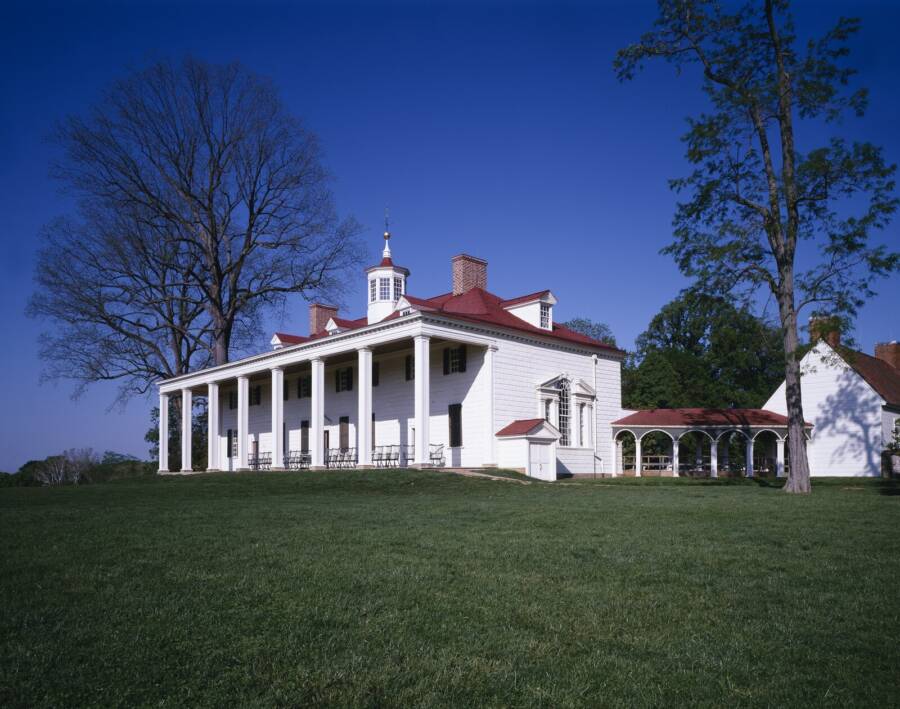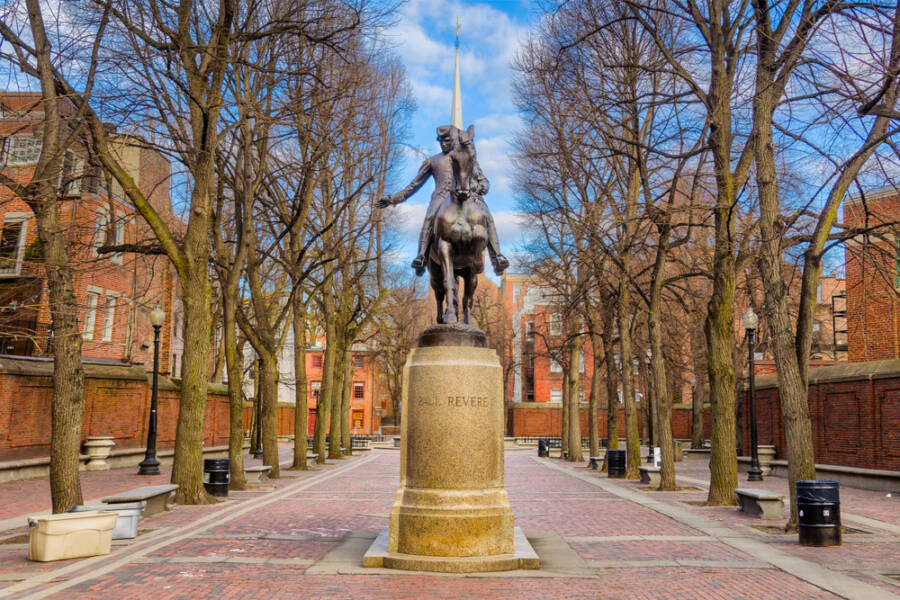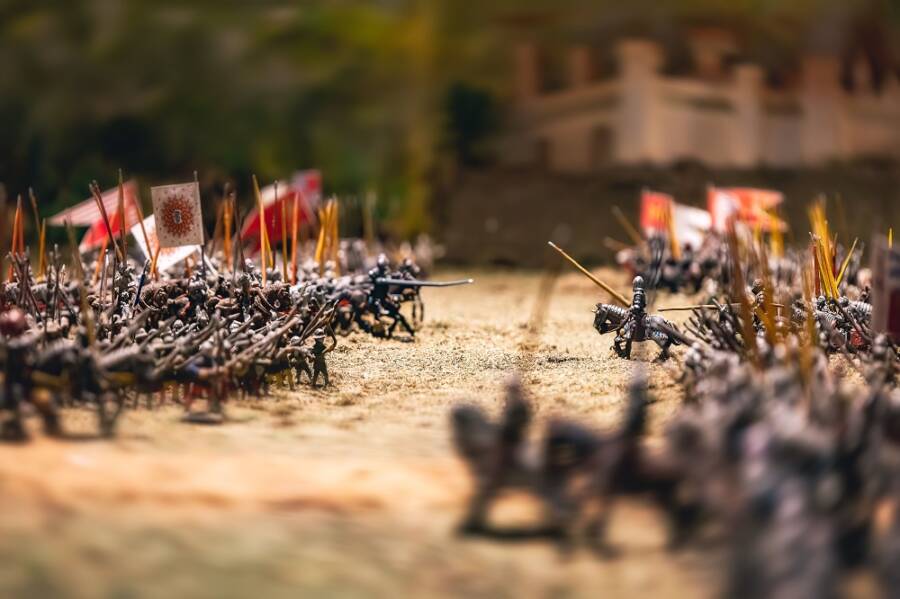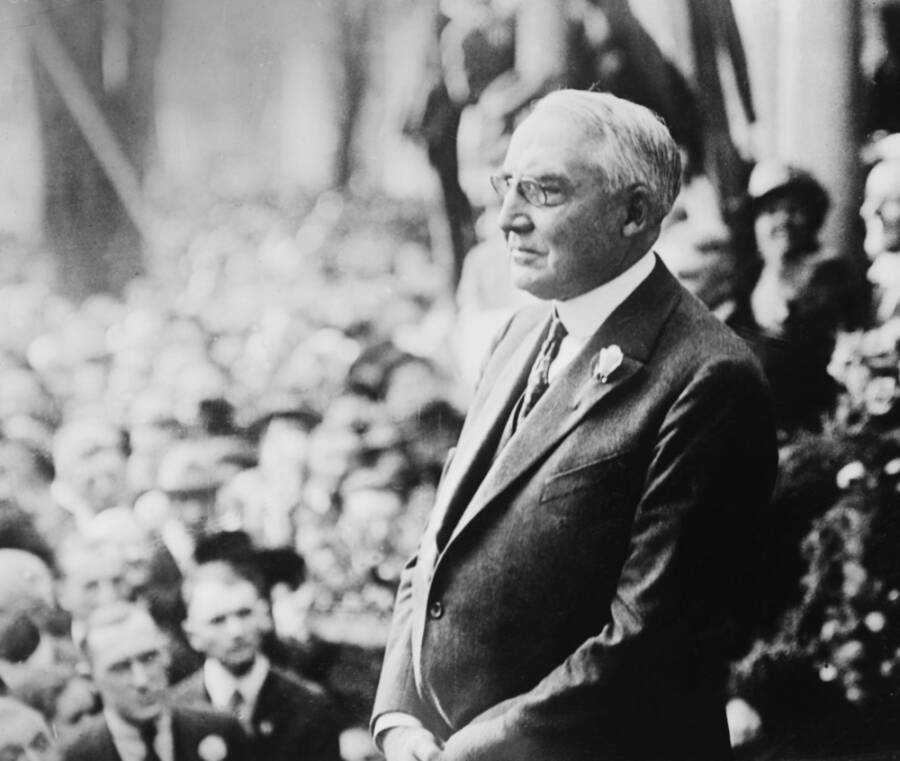
Key Figures and American Ideals
The secret lives of these presidents do more than simply entertain; they connect directly to foundational American ideals of struggle, innovation, and resilience.
Abraham Lincoln stands as the ultimate embodiment of the American ideal of the self-made man. His private struggles with depression and poverty connect to the national narrative of overcoming adversity through sheer will. The “weird facts about Abraham Lincoln,” like his frontier wrestling prowess, reinforce his image as a man of the people, not an aloof aristocrat. His melancholy was not a weakness but a crucible that forged an empathetic leader capable of guiding the nation through its most painful trial. He represents the profound conflict at the heart of the American experiment: the struggle to make the nation’s lofty ideals of liberty a reality for all.
Theodore Roosevelt personified the American ideal of rugged individualism at the turn of the 20th century. His hyper-masculine hobbies and boundless energy mirrored a nation bursting with industrial power and global ambition. By hiding his blindness, he reinforced the cultural belief that a leader must be physically perfect and indomitable. His life was a testament to the Progressive Era faith that any obstacle, personal or national, could be overcome with sufficient energy and action. He transformed the presidency into a “bully pulpit,” using his personality to drive reform and expand American influence. Artifacts from his adventurous life and presidency can be explored through the Smithsonian Institution.
Franklin D. Roosevelt represents the American ideal of resilience in the face of catastrophe. By concealing his paralysis, he performed the role of the strong father figure the nation desperately needed. He understood that in a time of widespread fear and economic collapse, the symbolism of strength was as important as any policy. His ability to project hope and confidence while privately enduring his own physical challenges became a metaphor for the country itself: wounded but unbroken, and capable of rising again. His presidency redefined the relationship between the American people and their government, creating the modern social safety net.





